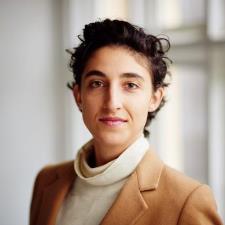
Brian E. answered • 08/15/19
Enthusiastic, motivating, and patient tutor in Philosophy and English
On one level, Aristotle's assertion that humans are social or political animals is purely descriptive. He is a pioneer of natural history and notes that other species, such as bees, are similarly naturally gregarious. As Aristotle in all his thinking uses a teleological lens (from the Greek 'telos', meaning function or purpose), his observation that humans are social begs the question 'to what end?' This is were Aristotle's reflection becomes more complex and interesting. The context of his discussion is the Greek city-state or 'polis'. The polis, Aristotle claims, does not exist merely for economic or utilitarian reasons. It exists, ultimately, so that humans can achieved their particular excellence. That excellence is cultivation of reason. Rational rule over the community is the purpose of human social organization.
Two key difficulties in this account can be derived from Aristotle's own further elaboration. First, the achievement of excellent in human society is not evenly distributed. Indeed. Aristotle openly acknowledges that for the few to be active political citizens, the many must occupy passive, slave-like positions. Secondly, while Aristotle's extols the virtues of collective democratic debate and self-rule, he also places the 'philosophical life' above the 'political life'. He does this because, in his view, the philosophical life is the most 'autarchic', that is, independent of the need for other people and material goods. Hence, even though Aristotle asserts that humans are by nature social or political animals, it seems that the highest realization of human potential is attained when a person leads a relatively solitary and asocial existence.




